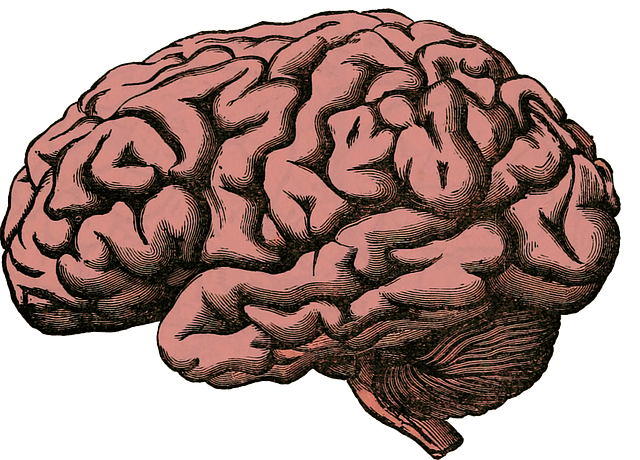Zika Virus May Attack Adult Brain Cells Too

The more we get to know the mosquito-borne Zika virus, the more worrying its bite becomes.
The latest unfortunate news comes from a team of Italian doctors reporting on the peculiar case of a 32-year-old woman infected with Zika while staying in the Dominican Republic earlier this spring. After returning to Italy in mid-April, the woman initially came down with a fever, rash, headache, and muscle weakness, symptoms well associated with Zika infection. But the woman also experienced relatively mild but persistent poor memory recall and had trouble concentrating for up to two weeks. Further tests confirmed the presence of Zika in her body, most notably in her central nervous system and vagina, while excluding other mosquito-borne culprits like dengue or chikungunya.
Though the women eventually recovered completely, the doctors concluded that the virus had momentarily caused a sudden swelling of the brain, or encephalitis, during infection — a rare but worrying outcome that highlights “the need for early identification of Zika virus–related neurologic symptoms,” the authors wrote.
Their case report was published in the journal Emerging Infectious Diseases.
Zika has received the most notoriety for its potentially damaging effects on the youngest of us — developing fetuses exposed through their Zika-infected mothers during the first trimester. In these tragic sufferers, the virus is capable of causing extensive neurological damage, leading to a myriad of birth defects that include deformed joints, shrunken and misshapen brains, and vision and hearing loss.
Conversely, only 20 percent of adult Zika patients have any symptoms at all; those who do experience little more than a mild flu-like illness. Yet doctors already know that the virus is capable of more in adults. Even after the initial infection has cleared, a small percentage can also come down with Guillain-Barré syndrome, an autoimmune disorder that targets the peripheral nervous system and causes muscle weakness, tingling leg sensations, and even temporary paralysis. While most with Guillain-Barré eventually recover with no lasting harm done, 30 percent still feel a degree of weakness years down the road.
Unlike Guillain-Barré syndrome, however, the Italian woman’s neurological symptoms were directly caused by the virus reaching the brain. Elsewhere, there have been other isolated reports of Zika virus–related encephalitis and mice studies have also shown the virus’s ability to infect the adult brain and destroy brain cells.
These findings collectively raise “the possibility that Zika is not simply a transient infection in adult humans and that exposure in the adult brain could have an effect on long-term memory or the risk for depression,” the authors noted.
Source : Nicastri E, Castilletti C, Balestra P, et al. Zika Virus Infection in the Central Nervous System and Female Genital Tract. Emerging Infectious Diseases. 2016.



























